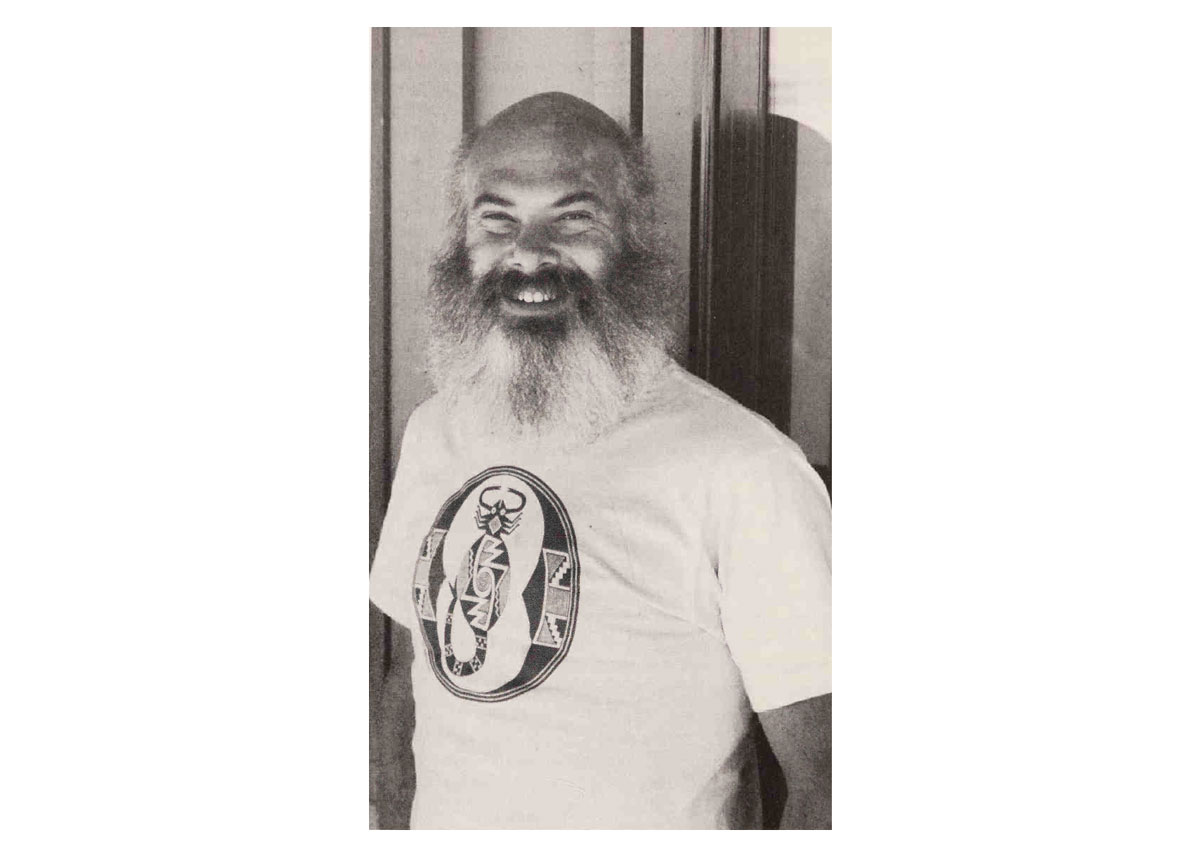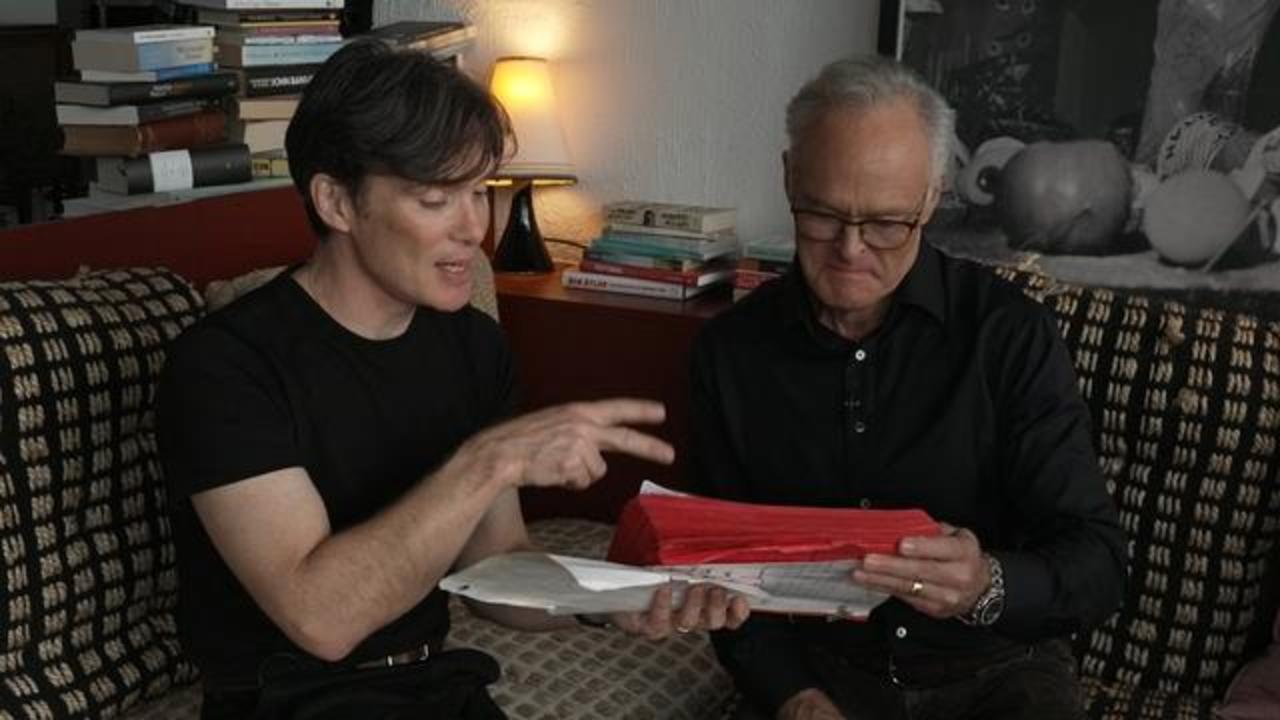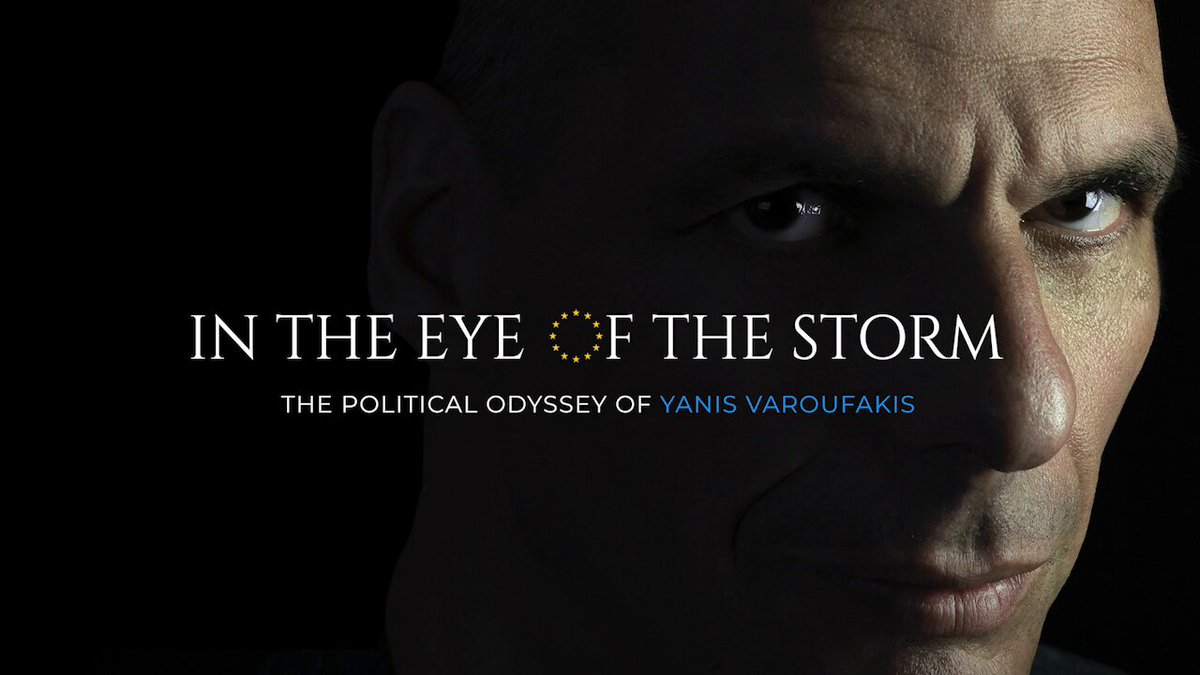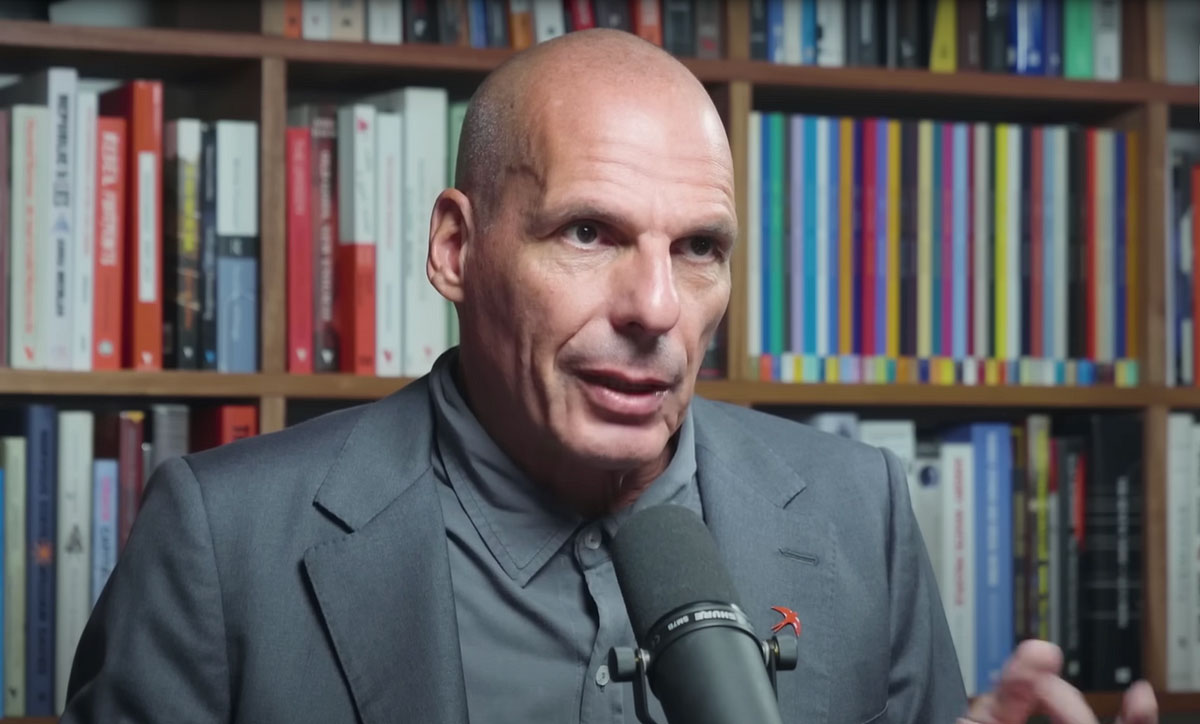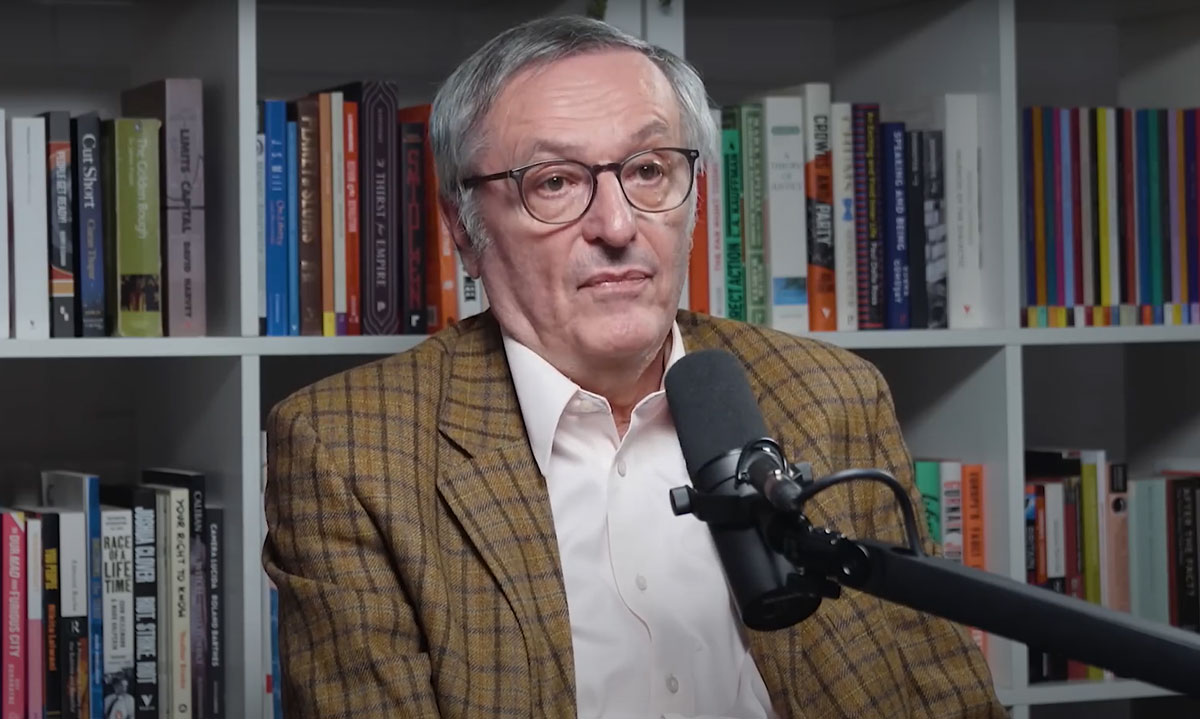The following interview was originally conducted by Jack Loeffler for a radio series entitled Southwest Sound Collage, distributed to public radio stations around the United States beginning in 1986.
* * *
Jack Loeffler: Well, Andy, you and I first met in October of 1971 up in the Rosebud Reservation in South Dakota. As I recall, you had your Land Rover all rarin’ to go to South America. Could you describe the nature of the subsequent journey, and what it meant to you?
Andrew Weil: That was a long journey. You caught me as I was just at the beginning of the trip. I had been living in Virginia, and I’d finished writing The Natural Mind and was driving west in that Land Rover out to Oregon to see an old girlfriend and learn something about mushrooms. I stopped on the way to visit Leonard Crowdog, whom I had met a few months earlier, and had some very interesting experiences with out in Rosebud. I got to Oregon just at the peak of mushroom season.
That was really the beginning of my interest in mushrooms, and that’s been ever since. In fact, at the moment, some of the major research that I do is on the subject of mushrooms. I’m currently putting together a project to investigate Oriental mushrooms, which are believed to stimulate the immune system, and have antiviral and anticancer effects, and which are virtually unknown in the West. No one has ever studied them medically. I then went from Oregon down to Mexico and spent several years in Latin America, mostly trying to visit shamans to learn about uses of hallucinogenic plants and psychoactive drugs in other cultures and other forms of medicine. At the end of all that traveling, I came back to the U.S., not really knowing what I wanted to do and not really fitting into the society back here. I had had a fellowship to do that work and one thing that I found was that when I got back and the fellowship ended, I didn’t easily fit into any kind of job market up here. You know, I’d been away for three and a half years. I had been doing weird things down in South America, and I couldn’t seem to find any niche up here. I also found that I couldn’t really stop traveling. For a number of years I bounced around the country, mostly between Oregon and Arizona, and finally settled in southern Arizona. I had seen so many things, and had so many experiences, that I needed some time just to sit back and distill out of that what I got.
One of the things that I found was that a lot of what I was interested in while looking around South America was really up here. For example, I had been very interested in trying to find miraculous healers of one sort or another. I saw a lot of healers and I saw a lot of shamans. The best healer that I have come across since then turned out to be in Tucson—an old osteopath, who’s now eighty, who uses only manipulation, and quite regularly in this little office down on Grant Road produces what I think are miracle cures. And he has a very interesting theory to explain it. That just seemed to me to be very symbolic in a way. You know, they tell that you don’t have to go further than your own back yard, but I suppose sometimes you have to go away to learn that.
I saw a lot of interesting things to do with plants and the way that native peoples use plants, and that’s always been another of my interests. I work now with an organization that I helped found called the Beneficial Plant Research Association, which is headquartered in Sausalito, California. Our purpose is to try to educate people to the wisdom and value of using natural products in many areas, in cosmetics and pharmaceuticals, in food. I think a lot of our health problems in this culture, as well as economic problems really stem from not using plants correctly. And that’s just a matter of not understanding. I think that is something that I learned in those travels down there—to be around traditional peoples who use plants in careful ways, without changing their chemistry or isolating elements from them, and I think seeing that made a great impression on me. I’d like to try to introduce that up here as much as possible.
Loeffler: A subject that really interests me concerns traditional people, whom I’ve begun to think of at this particular time as mythic people who are still motivated by some mythic process within their own culture. Do you have any thoughts with regard to the role of mythic man at a time when we’re technofanticized almost into oblivion?
Weil: Well, one thought that I have is that this is the age in which mythic man is going to disappear. I was very aware of that in going to remote areas in Latin America, and some in Africa. You always want to see the unspoiled culture, but you’re part of the spoiling of it. That’s a strange paradox. But this is the age, the first time in history, that primitive cultures will disappear. I think that must have enormous symbolic significance. One thought that I have is that what you call “mythic peoples” really represent the childhood of the human race, that this is the end of that phase; and while we may regret that loss greatly, that’s what’s happening. It seems to me that, ideally, we shouldn’t lose that, that what’s best about those cultures should survive and be part of the adult phase of the human race. Maybe we’re about to grow up, finally.
Loeffler: One of the things that I’ve wondered about, and am still puddling around in my own mind about, is some means of preserving genetically, or in any fashion, what those folks have to teach us, which we seem to have forgotten. There are processes that may have atrophied in us.
Weil: Well, my hunch is that nothing has really been lost—that it’s really in the realm of collective consciousness, that it survives. We haven’t really lost that or become disconnected from it; it’s just that it’s been overlain by other ways of using the mind and using consciousness which keep us out of touch with that way of perceiving. I think that the potential is there for us to connect with those roots in our consciousness, and as I say, to perpetuate what is good about those traditional cultures. The other idea that I have is that while it’s very easy to romanticize and idealize those cultures, they have fatal flaws in them, as evidenced by the fact that when they meet us they get put out of business. I think there is an inevitability to that progression, and because we’re in the time in history when those cultures will disappear, it’s our chance now to discover and adapt to our own mode of living what’s best about them.
Loeffler: With regard to that, how do you foresee your own role in future events, using what you’ve learned?
Weil: Well, I still don’t quite know where I fit into things. You know, I’m a physician. I don’t really believe in a great deal of what I was taught in medical school. I would very much like to see change come about in medicine, because I think that plays a key role in our society. Here’s another analogy with your mythic peoples. Physicians today really have replaced the roles of priests and shamans in traditional cultures. If you lived in a mythic society and there was an eclipse or the crops failed, you’d go to the priest to find out what happened and what to do. In our culture, we go to doctors. All of our hopes and fears are rationalized in medical terms, in terms of medical dangers to health. That’s what we do with drugs, that’s what we do with eclipses, even—we tell people not to look at them because they’ll go blind. Because medicine has that role, I think it could be a key in bringing about large-scale change in society. If medicine could change its philosophical orientation, I think that would free up a lot of other things that are now stuck in this culture, get things moving. I think I have some part to play in that—I’m not quite sure what it is. It feels very frustrating at times, because modern medicine is such a monolithic structure. And to my mind its way of thinking is so off the mark at the moment, particularly in its ignorance of and blindness to the reality of the nonmaterial and the power that plays in shaping the material world. If that could change, I think it would be a very key change, and 1 would like to play some role in bringing it about.
Loeffler: I recently read some of Edward Wilson’s stuff on sociobiology, and Wilson is totally convinced, as far as I can tell, that everything is genetics,- and I can see, to a certain extent, where he’s coming from, But is there more to it than that?
Weil: Well, here’s an interesting little anecdotal piece of evidence that I think bears on that. I’ve recently been interested in all of the attention that’s been given to cases of multiple personality disorder. Now, this used to be an extremely rare condition, and many psychiatrists doubted its existence. They thought it was an artifact of the interaction with the therapist. Suddenly, it’s very in. There are lots of cases of it, and for the first time, it’s getting lots of research attention. There was recently the First International Congress on Multiple Personality Disorder. One of the aspects of multiple personalities that has not been mentioned much, which to me is the most fascinating, is physiological differences between the personalities that can be measured. For example, there was one case where there were twenty-some personalities, all but one of whom were right handed. Now, handedness is supposed to be genetic. There have been cases where one personality had a violent food allergy. If that personality ate this food, and another personality took over within a certain period of time, the allergy wouldn’t appear. The feeling you get reading this stuff is that the brain is infinitely programmable: that the genetic code provides the hardware, but the software can be changed. A lot of the phenotype of the human being, including, I think, behavior and many disease processes is software,- I don’t think it’s hardware. Even with the same genetic blueprint in place, there can be radically different expressions. So that’s my perspective on Wilson. I think he’s right from his limited perspective, but I think there’s a larger perspective in which that’s one aspect.
Loeffler: I’d like to ask you about your writing. You’ve written several publications, now. Your first was The Natural Mind.
Weil: Right. Then I wrote a book called The Marriage of the Sun and Moon, which was a collection of articles that I’d written during that period of traveling. Then I wrote with coauthor Winnie Rosen a book called Chocolate to Morphine. It’s about all the psychoactive drugs in our life, truly from chocolate to morphine. The idea put forward is that there are really no good or bad drugs; there are just good or bad uses of drugs And there are a lot of people today who don’t want to hear that. There are a lot of people who would like to believe there are bad, nasty drugs that we should make go away. And the people who get so exorcised about that really fail to look at the obvious drugs in our midst that we don’t even call drugs, the most obvious of which is tobacco. That really is the most addictive drug known— far more addictive than heroin. It’s the only one that regularly exposes nonusers to the drug. We’re paying for it with our tax dollars, you know. There’s just great irrationality there. A lot of people don’t like to be shown their irrationalities, so Chocolate to Morphine has been very controversial. There are still fights going on, mostly in California, as to whether it should be banned from libraries and schools and so forth.
Early this year I published a book called Health and Healing. I’m very glad to have that out so that I have something out about something other than drugs. Health and Healing is about the nature of medicine and treatment and a review of a lot of different systems of alternative medicine, which is my current interest. It’s really the first half of a longer work. I’m now working on the second half of that, which is more specifically about medical self-care. I very much believe that the responsibility for health is the patient’s, and that there are simple ways of learning to take care of yourself that can reduce your disease risks and minimize the chance that you need major medical intervention. And I’d like to try to give people an idea of that.
I really feel that the kind of medicine I do is preventive medicine. That’s what I’d like to be doing. I don’t mean preventive medicine in the formal sense. There’s a speciality called preventive medicine, but it has to do with immunizations and sewage systems and that’s not what I’m interested in. I’m really interested in how to teach people not to get sick. Mostly I would like to work with well people. I’m a little frustrated right now that the people who come to see me as patients are not only ill, but by and large, desperately ill. I don’t know quite what to do to attract people who are well, and consult with them to try to identify the factors in their lives that are likely to cause trouble down the road that they can now change. It seems to me that that should be the main function of physicians—to dispense that kind of information, so that we don’t have to have the kinds of expenditures of money and time and energy and suffering that we now do to deal with illnesses once they’ve reached the stage where your options are very few.
Loeffler: So, basically, you’re initiating the idea that preventive care is the best route to take.
Weil: No question about that. That’s an obvious idea and it’s annoying to see how little of the medical curriculum is now devoted to that. Take the case of cancer, which is, I think, a good example to look at, because treatments for cancer are, to put it politely, unsatisfactory. That goes for alternative treatments, as well as regular treatments. That’s not a disease that we can deal with very well. There are a few forms of cancer, like leukemia that we can treat fairly well, but most forms of cancer we can’t treat. You know the medical establishment now says that at least ninety percent of all cancer is environmentally related. That’s a big reversal in thinking from when I was in medical school. If ninety percent of cancer is environmentally related, then ninety percent of cancer should be preventable. And if we’re not preventing it, why aren’t we? I think there’s very specific, simple information that you can give people to reduce the cancer risks in their lives. But you look at the teaching that goes on in medical schools today, and except for talking about lung cancer being due to smoking, all the information that’s given is geared toward the diagnosis and treatment of cancer once it appears. There’s no information given about how to prevent cancer. And certainly not how to explain to people what cancer is and how to reduce their cancer risks.
Loeffler: Do you think that attitudes have much to do with getting cancer?
Weil: I certainly think they’re a factor. Cancer looks to me like a disorder of the immune system. The immune system is failing to do one of its jobs, which is to recognize and weed out malignant cells as they occur, which they probably do all the time. There are a lot of environmental and internal pressures on cells to turn malignant. But most of those malignant cells never get a chance to develop and give rise to a tumor, because the immune system recognizes them and weeds them out. So it looks as if the development of clinical cancer has to do with failure of immunity. Recently, a lot of research is coming out that shows the connections of the mind and nervous system to the immune system. There’s a whole new field now, called psycho-neural immunology, about that. And once you show that there are ways that stress and mental attitudes can influence your body’s defenses, then you have a whole lot of mechanisms to explain how stress can make people susceptible to infections, or how over a long period of time, certain kinds of mental attitudes might favor the development of cancer. I don’t think that’s the be-all and end- all of it, but that’s certainly one important factor.
Loeffler: That brings something to mind. A friend of mine recently had an unusual malady, and he quit using marijuana because he had discovered some sort of evidence that indicated that perhaps marijuana attacks the immune system.
Weil: Well, that idea has been put forward in the literature, mostly by people who are very antimarijuana. The evidence for it had to do with test tube studies and certain observations that I don’t feel were very well controlled. The epidemiological evidence from cultures where marijuana is heavily used does not support the idea that there are any kind of significant changes in susceptibility to infection or immune disorders in a marijuana using and non-using population. That doesn’t mean that for a specific person there might not be an effect. It also doesn’t mean that if a person believes that marijuana is a factor in harming his health, and that if he gives it up, he might not feel better, or have better health. This could be due to his belief, rather than anything the marijuana was doing to him. At the moment, I think the only proven health hazards of marijuana use have to do with respiratory irritation from smoking. I think otherwise, it looks like a relatively mild drug compared to things like alcohol and tobacco, in terms of what it does to health. And I don’t think there’s any good evidence that there is any significant effect on human function.
Loeffler: Do you ever work closely with herbalists?
Weil: I do. I don’t swallow everything that I hear from herbalists. I am interested in finding medicinal plants that have reliable, reproducible effects. You know, I’m all for chamomile for relaxation. But I’m also interested in things that are stronger, that have real medical effects and can be used in place of synthetic drugs. The problem with the information from herbalists is that it’s quite varied in its quality. You’ll find one plant and a hundred indications for its use. Or you look up one particular kind of condition, and you find a hundred plants that have been mentioned for its cure. That kind of nonspecific information is not very helpful to doctors. I’m interested in trying to get more doctors to use more medicines in natural form. For doctors to do that, I think they really have to have a sense of the chemistry and pharmacology of a plant and a sense that it’s got regular, reliable, reproducible effects from person to person. So, in my own investigations of herbal medicine, I find that a relatively small percentage of the plants that I come across, that are advertised to me or described to me in books by herbalists, really hold up when you give them that way. But some certainly do, and those are the ones that I’m the most interested in studying.
Loeffler: Is there an existing pharmacopoeia of natural medicines that you feel is comprehensive?
Weil: No. I think there’s a real need for that. One of the projects that I have thought of working on at some point is a real compilation of the Chinese herbal pharmacopoeia, which is vast, and I think not really understood well in the West. That would be one thing I’d like to see. And I think something that was analogous to the Physician’s Desk Reference for herbal preparations would be very useful. But there’s a long way to go before we have that. There’s just an awful lot of information to sort through to try to verify and see whether these things are real or not. The problem is, a lot of the statements about herbal medicine, I think, have been passed along from person to person. Sometimes I think some of it is just crystallized superstition, and there’s really no experimental evidence to back it up. So it’d be nice to sort out the real reliable drugs, like cincona bark, which quinine comes from, and willow bark, from which aspirin is derived, from the ones that mostly function as placebos. Not that there’s anything wrong with placebos. I’m all for them. But it’s useful to know which plants have a real pharmacological basis for their effects, and which have relatively little.
Loeffler: Has the world of ethnobotany yielded much, or is there still a long way to go?
Weil: There is a long way to go. One of the problems has been that there has been very little financial support for ethnobotanical work in recent years. When I first was in that field, when I was in college in the early ’60s, we were just at the end of a cycle in which corporate America was very interested in ethnobotany. That followed discoveries in the ’50s of plants like Indian snakeroot, which gave us reserpine, and the discovery of the vinca alkaloids, which are used in the treatment of leukemia. Somewhere around the mid-‘6os that period ended. And since then it has been very difficult to interest pharmaceutical companies or other corporations in natural products. I sense that right about now that’s beginning to change again.
You know, I think these things wax and wane, but it definitely seems to me that corporate America—this time for truly economic reasons—is suddenly realizing that there’s a market out there for natural products. So I’ve begun to have inquiries from a number of corporations that I have never heard from in the past wanting information about plants as new sources for ingredients in products. We’re living at a time when supermarkets have natural food sections, and that’s a major change in America. That’s in a lot of odd places. I spent last summer in a very tiny town in northern Idaho, and there was a Safeway nearby that had a very extensive natural foods section. That to me is a major change. I think that because of the realization of the economic value of natural products, corporate America is again willing to look at ethnobotanic investigations. So we’ll see what that produces.
Loeffler: I know that you’re really interested in going to the Orient. What interests do you have over there, and what do you think you might find?
Weil: Well, in October of ’83 I was coleader of a mushroom tour through China. And this was the first Chinese-American mushroom exchange that had taken place. In October of this year, I was on similar travels in Japan. Mushrooms have been very good to me. They have taken me lots of places. My interest in Asia, at least the parts that I have been, is again in plants, and in traditional uses of natural products. Japan and China are probably the areas of the world where there is most use of mushrooms, both as food and medicine. And that’s tremendously interesting to me. I have a great desire to spend some time in Southeast Asia. I was there a long time ago, in Cambodia and Thailand. I’d really like to spend some time in Indonesia and Sri Lanka and Malaysia. I’m particularly interested in trance phenomena over there, and music and dancing, and, again, in some of the traditional foods and plants that are used both as foods and medicines and for other purposes. So I am less interested at the moment in spending time in Latin America. I’ve done a lot of that—there are parts of it that I’d like to see that I haven’t, but at the moment I seem to be more oriented toward Asia than I was previously.
Loeffler: When you say music and dancing, do you think of it from the point of view as a physician, or an enjoyer of music and dance?
Weil: No, it’s more than just an enjoyer, although I’m interested in it as a technique of consciousness alteration and of mind-body development as well. And I am interested to see what of it I can incorporate into my own life. I very much like that kind of thing.
SOURCE: Jack Loeffler, Headed Upstream: Interviews With Iconoclasts, 1989

